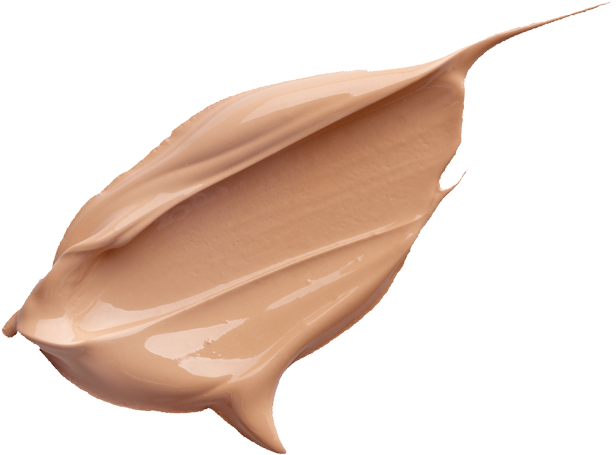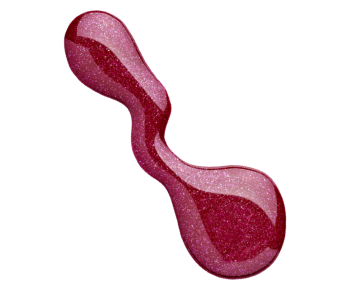Choose a cotton face mask. Face masks made from tightly woven cotton instead of synthetic fabric are soft, breathable and less likely to rub against your skin and cause rash and irritation. An added option: look for a mask with an internal pocket so that you can slip an additional filter (like a coffee filter) inside for extra protection.



Wash your face (and your mask) often. A properly fitted face mask should come in direct contact with your skin, making it the perfect place for sweat, dirt, and oil to build up. That’s why it’s important to wash your face with a gentle, pH-balanced cleanser before and after putting on your mask.


If you’re breaking out, skip makeup. Face masks create a warm, humid environment for your skin that can affect sebum production and lead to clogged pores and breakouts. If you’re noticing acne around your nose, mouth, and chin, try minimizing the makeup you wear underneath your mask—especially foundation and concealer. Anything above the mask, of…






